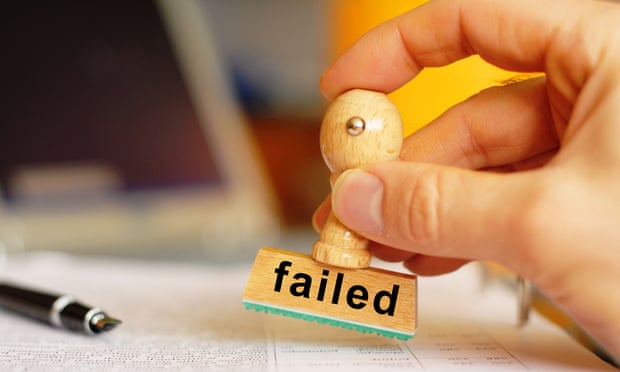School Choice Fails to Make a Difference

This is the kind of news that school-choice advocates and skeptics alike need to pay attention to: The Economist magazine reports that a team of academic economists found that students who won a lottery in Louisiana to receive vouchers to go to the public or private school of their choice did worse than students who didn't win the lottery.
This outcome flies in the face of the predictions of many economists, who often tout school choice as a way to improve the U.S. educational system while also increasing equality of opportunity. Economists typically assume that people are rational and well-informed, and will make decisions that benefit them. If giving students and their parents more school choice hurts the students academically, then something is seriously wrong with the theory.
The Louisiana finding is just a more extreme version of a fairly typical finding. School-voucher programs rarely actually hurt students, but most produce little if any positive effect. A recent survey paper by economists Dennis Epple, Richard Romano and Miguel Urquiola, covering many randomized studies similar to the Louisiana study, found that the typical voucher program does nothing for test scores. The researchers report:
The evidence does not suggest that awarding students a voucher is a systematically reliable way to improve their educational outcomes. A…large proportion of the best-identified studies suggest that winning a voucher has an effect on achievement that is statistically indistinguishable from zero.
An example of the programs covered in the Epple et al. survey is Washington’s Opportunity Scholarship Program, which began in 2003. This program awarded vouchers to thousands of low-income children in the metropolitan area. Epple et al. report on a 2010 studyfinding that the program had no detectable impact on test scores in either the short term or the long term. Studies of other programs tell School Choice Fails to Make a Difference - Bloomberg View:


